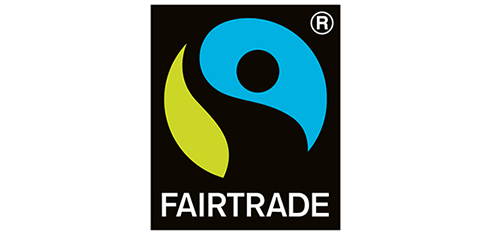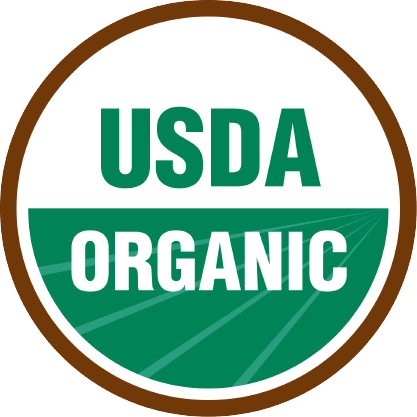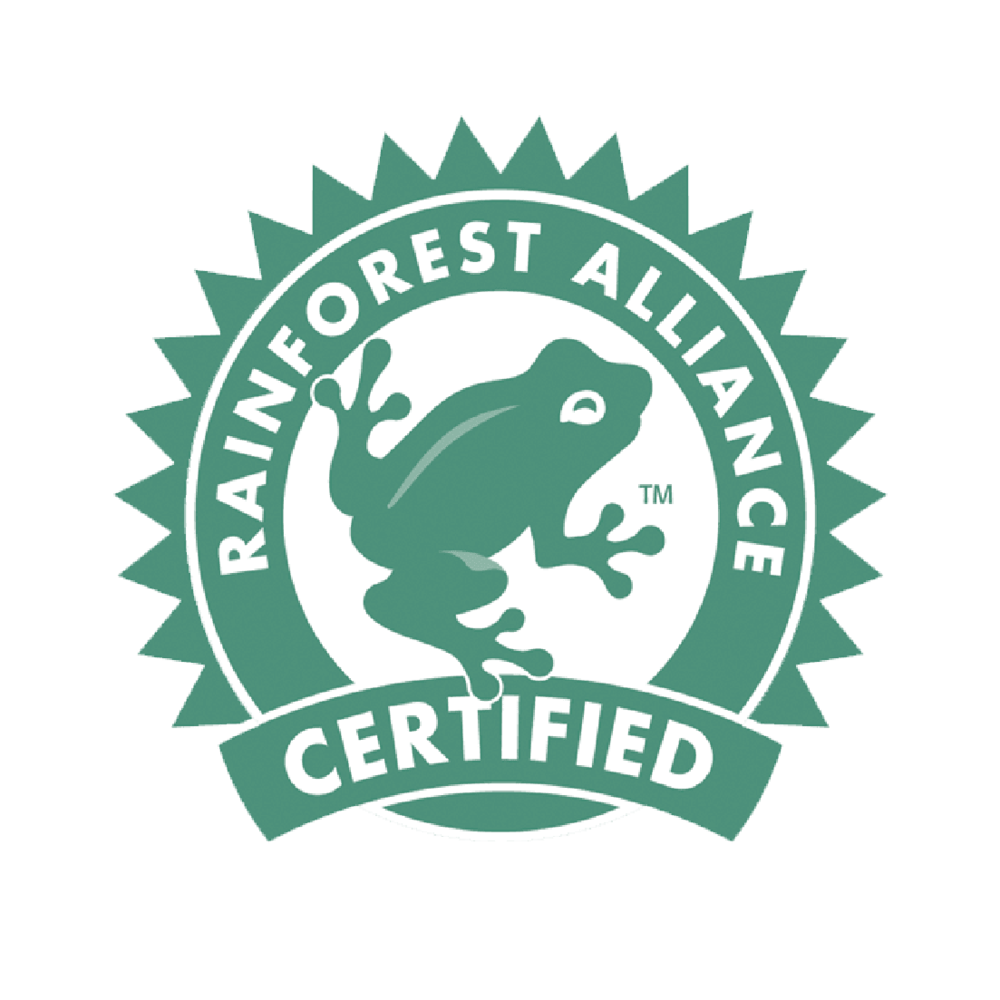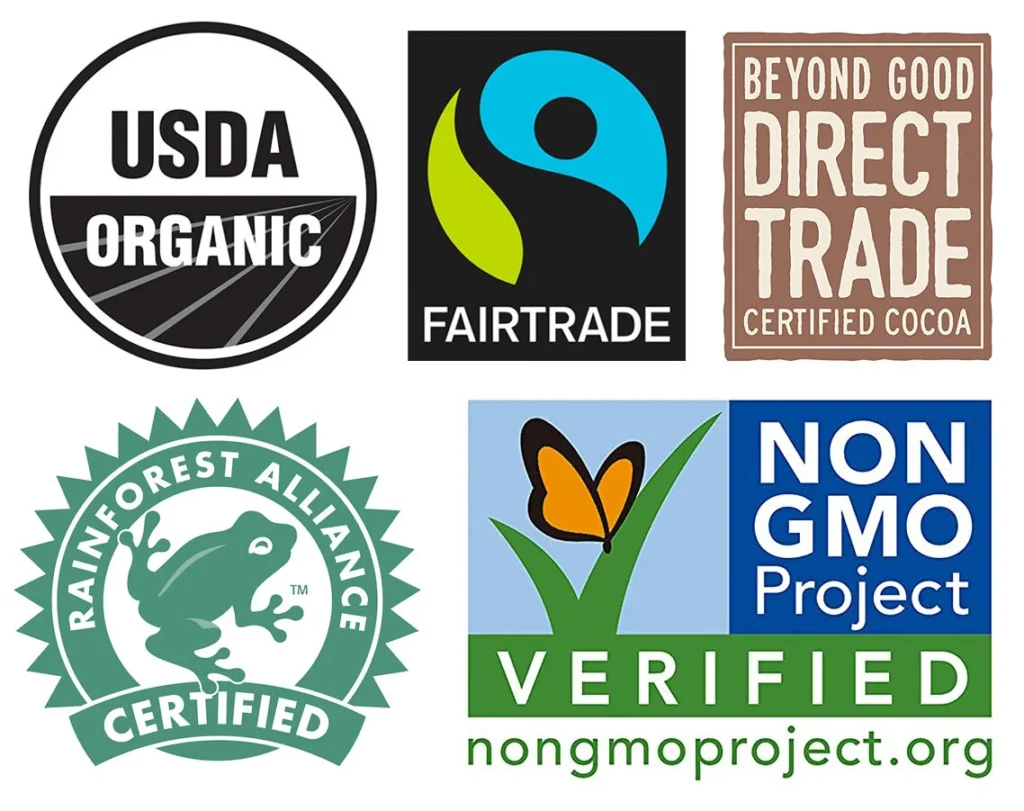What are Chocolate Certifications?
Chocolate certifications are labels or seals that indicate that a chocolate product has been produced in a certain way or meets certain standards. They can provide valuable information about the quality, sustainability, and ethics of a chocolate product, and they can help consumers make informed choices about the chocolate they buy.

Fairtrade Certification
One of the most well-known chocolate certifications is Fair Trade. Fair Trade-certified chocolate is produced by farmers and workers who are paid fair prices and wages, and who work in safe and humane conditions. Fair Trade certification also ensures that the cocoa is sourced from sustainable farms and that the chocolate is produced in an environmentally-friendly way.

Organic Certification
Another important certification is Organic. Organic chocolate is made with cocoa beans that are grown without the use of synthetic pesticides and fertilizers. This means that the cocoa is produced in a way that is better for the environment. Also better for the health of the farmers and workers who grow it.

Rainforest Alliance Certification
This popular certification is another certification that focuses on sustainability and ethical production. Rainforest Alliance-certified chocolate is produced on farms that meet rigorous environmental and social standards. This includes protecting the forests and wildlife and conserving natural resources. Being Rainforest Alliance certified means a product is produced using methods that respect the three pillars of sustainability: social, economic, and environmental.

International Chocolate Awards Certification
In addition to these well-known ones, there are others that focus on the quality and flavor of the chocolate itself. The International Chocolate Awards and the Academy of Chocolate Awards recognize the best chocolates in the world. They recognize them based on taste, texture, and appearance. There are also many other chocolate certifications that focus on specific aspects of chocolate production. For example, the use of sustainable farming practices, the preservation of rare cocoa varieties, or the use of traditional production methods.

Conclusion on Chocolate Certifications
Overall, chocolate certifications can provide valuable information about the quality, sustainability, and ethics of a chocolate product. By looking for these certifications on chocolate packaging, consumers can make informed choices about the chocolate they buy and support responsible and sustainable production.
What’s next?
I hope you enjoyed this brief history of chocolate. Want to learn more about chocolate and be a chocolate expert? Check out my Chocolate 101 series, a series of articles about anything and everything you need to know about chocolate. What else would you like me to talk about? Let me know in the comment section below!
